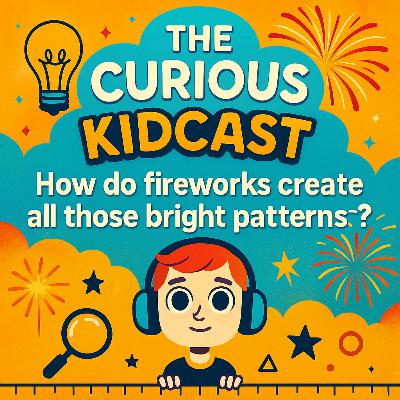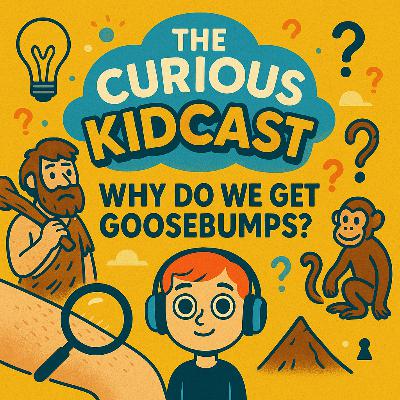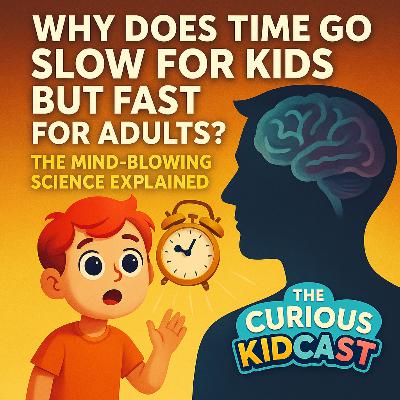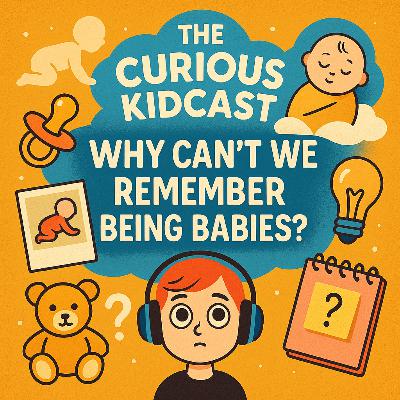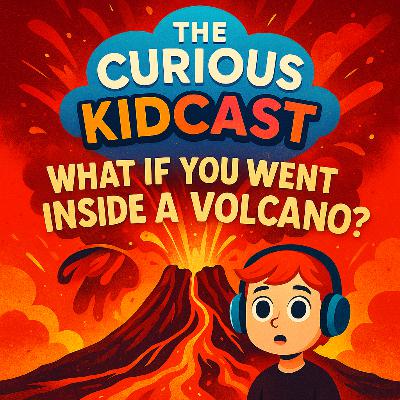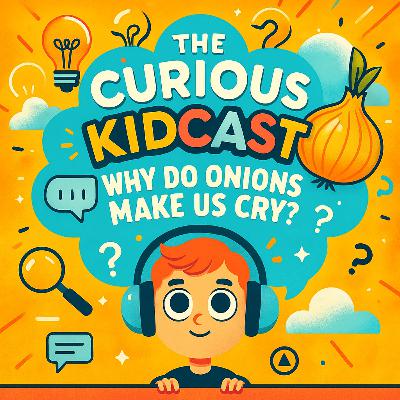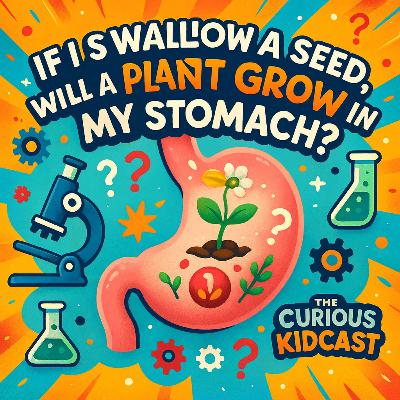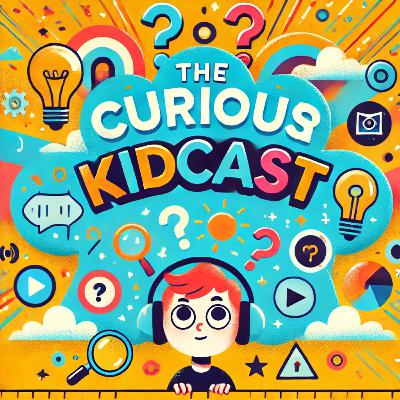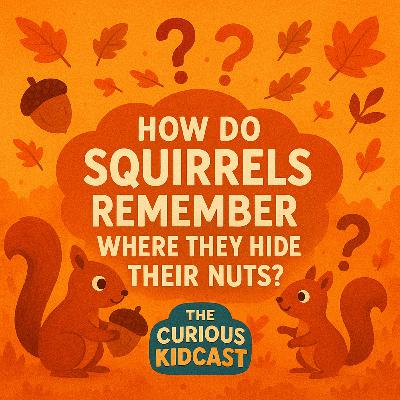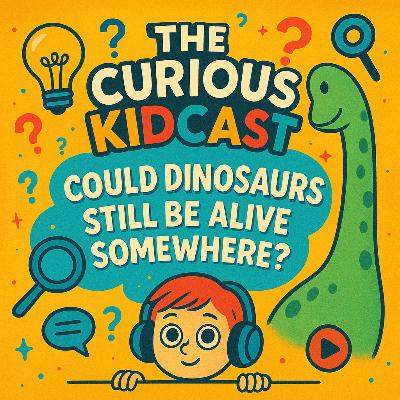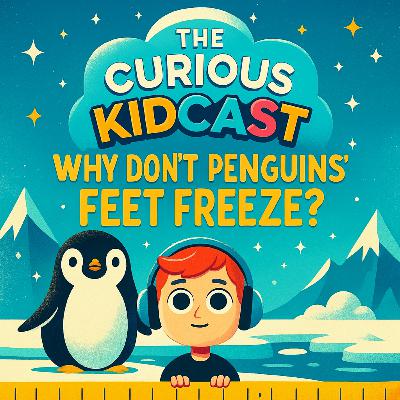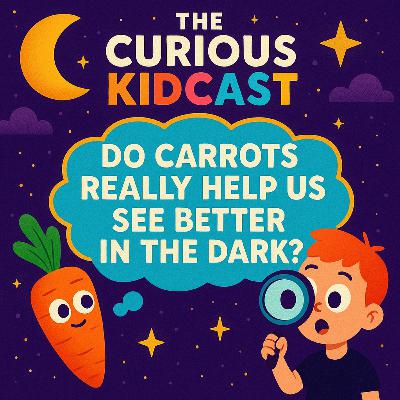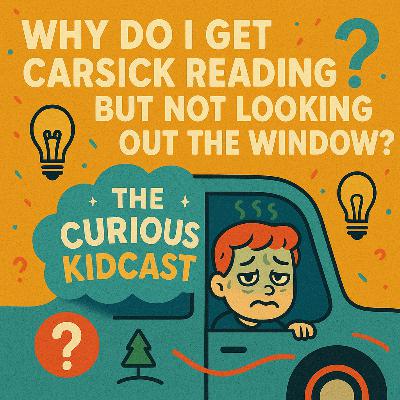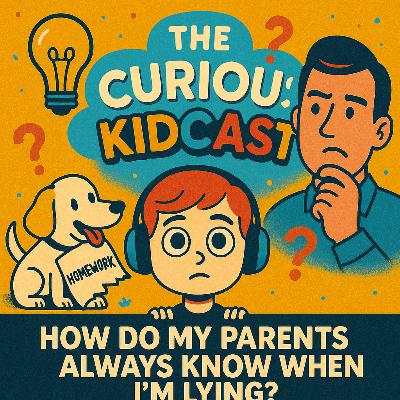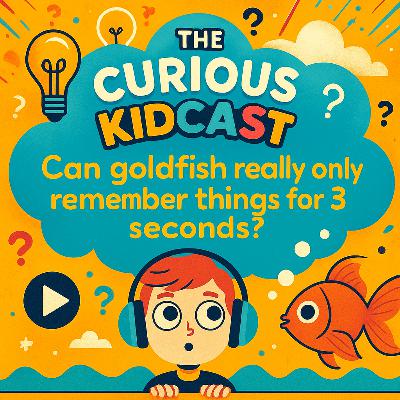How do fireworks create all those Bright Patterns? | Amazing science for kids
Description
The Curious Kidcast - Science Podcast for Kids
Episode: Fireworks Science Explained for Children
Perfect for: Kids aged 7-11, homeschooling families, curious learners
Duration: Educational and entertaining science fun for the whole family
As its Bonfire Night in the UK today, we answer the question: How do fireworks create those amazing shapes, colors, and patterns in the sky? This fun and educational kids podcast episode breaks down the science of fireworks in a way that's perfect for children, homeschooling families, and anyone who loves learning about how things work.
Discover the chemistry behind red, blue, green, and gold fireworks, learn how pyrotechnics experts arrange stars inside shells to create hearts, rings, and willow patterns, and explore the physics of burst charges and lift systems. Perfect for curious kids who love science, nature, and understanding the world around them.
What Kids Will Learn
- Chemistry for Kids: How different chemicals create red, blue, green, yellow, and orange colors in fireworks
- Physics Fun: Understanding how lift charges, burst charges, and fuses work together
- Engineering Concepts: How firework makers design patterns like hearts, rings, and chrysanthemums
- Science Vocabulary: Learn words like pyrotechnics, atoms, strontium, barium, and copper compounds
- Safety Education: Important facts about firework safety for kids and families
- STEM Learning: Real-world applications of science, technology, engineering, and math
Key Science Topics Covered
Firework Chemistry - Fun Facts for Kids
- How atoms release energy as colored light when heated
- Why blue fireworks are the hardest color to make
- Which chemicals create each firework color (strontium for red, barium for green, copper for blue)
- How metals like aluminum and magnesium create bright white and silver sparks
Firework Shapes and Patterns
- How stars are arranged inside shells to create specific patterns
- The difference between peonies, chrysanthemums, willows, and palm fireworks
- Multi-break shells and layered firework designs
- How crossettes split mid-air for criss-crossing effects
- Creating complex shapes like hearts, rings, and smiley faces
Firework Components Explained
- Lift charge - launches the firework into the sky
- Shell or case - holds all the components together
- Stars - small pellets that burn to create color and light
- Burst charge - makes the shell open and spread the stars
- Fuse - controls the timing of the explosion
Perfect For Homeschooling and Family Learning
Fun Quiz Included
Test your child's knowledge with three fun firework science questions covering chemistry, firework components, and color facts. Great for reinforcing learning and making science education interactive and engaging for kids.
About The Curious Kidcast
The Curious Kidcast is a science podcast for kids that answers fascinating questions about how the world works. Hosted by Andy, each episode transforms complex science into fun, engaging stories perfect for children aged 7-11. Our educational podcast is designed for families who love learning together, homeschooling parents seeking quality STEM resources, and curious kids who never stop asking "why?"
Subscribe and Share
If your kids enjoyed learning about firework science, please share this episode with other families, subscribe for more fun science facts for children, and visit our website at curiouskidcast.com to submit your own curious questions.
Keywords for Parents and Educators
science podcast for kids, educational podcast for children, homeschooling resources, STEM learning, chemistry for kids, physics explained, fun science facts, kids nature podcast, family learning activities, parenting resources, how things work, fireworks explained for kids, children's education, curious kids, science education, learning podcast, facts for kids ages 7-11, British science education, Bonfire Night science, pyrotechnics for children, safe science learning

